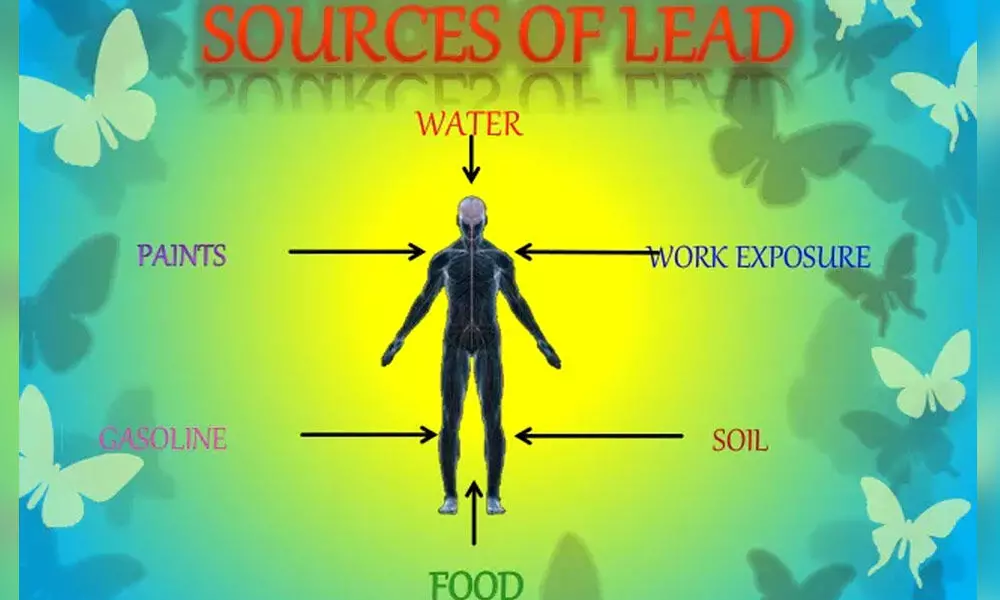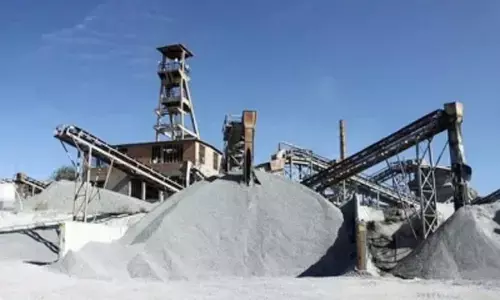Leaded petrol gone, but lead pollution to linger for long time

Leaded petrol gone, but lead pollution to linger for long time
As a scientist studying lead poisoning in children once remarked: “it took two years to put lead into gasoline and 60 years to take it out”. The consensus around leaded fuel's unacceptable threat to human health was hard won, entailing a long fight between scientists, regulatory authorities and industry
Leicester (UK): As a scientist studying lead poisoning in children once remarked: "it took two years to put lead into gasoline and 60 years to take it out". The consensus around leaded fuel's unacceptable threat to human health was hard won, entailing a long fight between scientists, regulatory authorities and industry.
In a recent ray of good news, it seems the world has finally turned a corner on the use of this toxic chemical in fuel. The use of lead in fuel goes back to the 1920s, when tetraethyl lead was added to petrol to reduce engine knocking. From 1970 until the end of the century, it's estimated that about 140,000 tonnes of lead was released into the atmosphere from tailpipes in the UK. Since 1999, using lead in fuel has been banned.
Phasing out lead has proven more difficult in lower income countries, particularly Algeria – the final hold-out. But as of July 2021, the world has officially eradicated leaded fuel according to the UN, meaning it's no longer sold for cars and lorries anywhere in the world.
Though petrol containing lead hasn't been seen at station pumps in the UK this century, lead pollution is proving to be a persistent menace. A recent study showed lead lingering in airborne dust collected in London between 2014 and 2018, nearly two decades after tailpipe emissions of the metal had ceased. The lead content in that study was measured in particles collected either at the roadside or at rooftop height. The chemical fingerprint closely matched that of road dust and top soils, suggesting that contaminated soil is acting as a reservoir for 20-year old lead pollution, which is continually returned to the atmosphere when disturbed.
The fact that lead found at street and building height shared the same chemical signature suggests airborne lead pollution is fairly well mixed across London. While the world may rejoice at the end of the leaded fuel era, how long can we expect to deal with its consequences? Lead does not biodegrade or disappear over time. It can remain in soils for thousands of years, where it can be blown back into the atmosphere.
It's worth noting that today's airborne concentrations of less than 10 nanograms per cubic metre are tiny compared to the average of greater than 1,000 in the 1960s. But there is strong clinical evidence that even low-level exposure to lead can affect the development of the brain and nervous system in children, resulting in impaired cognitive function, attention and behavioural problems. No safe level for lead in children has been identified, and the air is just one source – it can linger in old pipes, toys and paints.
Today, the successful eradication of leaded fuel can be seen as a policy triumph. Child health in particular is likely to be the biggest beneficiary. Further research in several US cities has affirmed the links between residual lead pollution in soils and the presence of the toxic chemical in blood samples taken from children. With urgent action needed now on climate change, another global crisis, the story of leaded fuel highlights an enduring conundrum. How much pollution is a price worth paying for progress? (The Conversation)
















